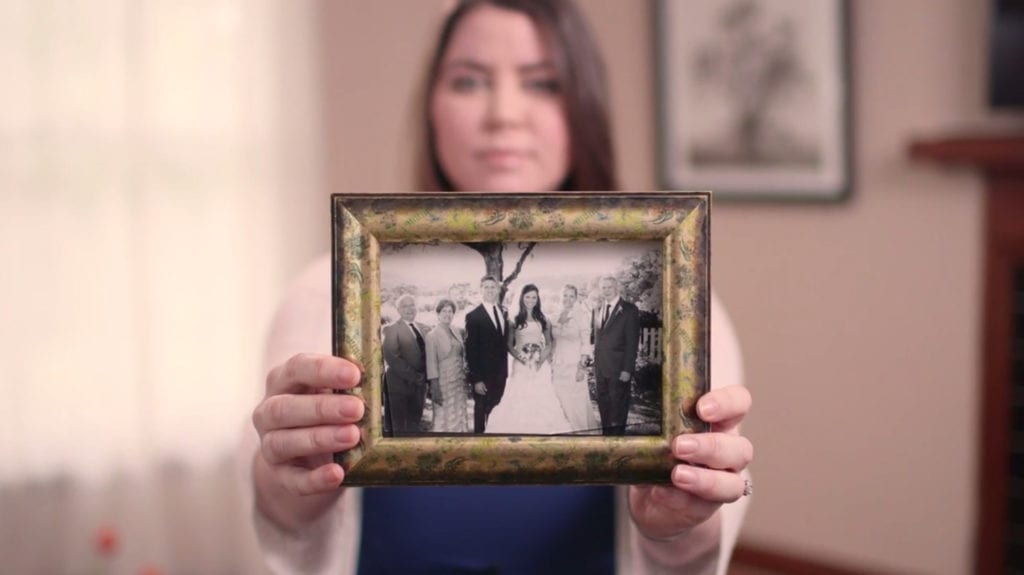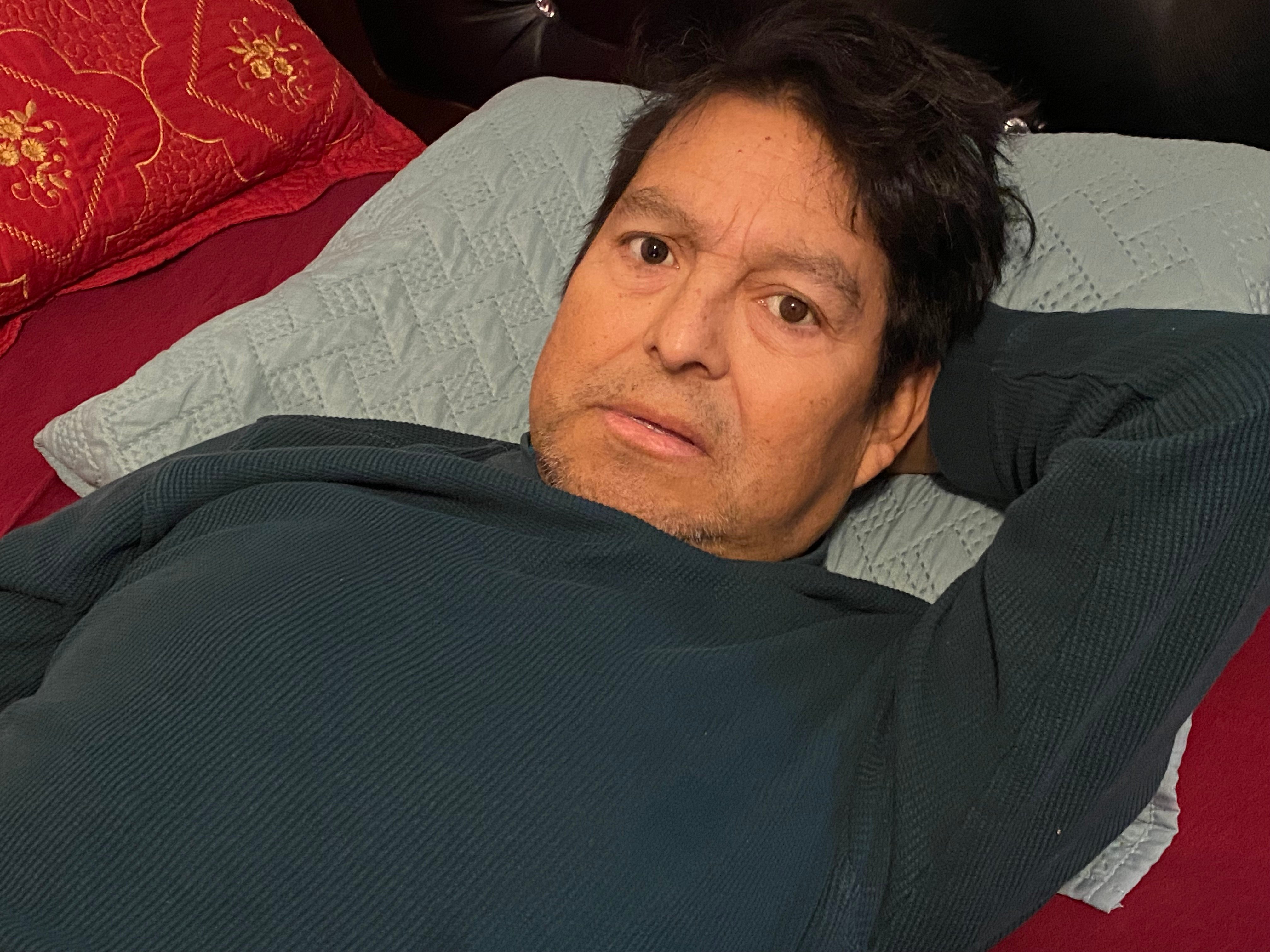The following is an excerpt from Debra Dunn's testimony urging the New Jersey State Legislature to authorize medical aid in dying.
In March 2013, my husband Herb, an operating room nurse, was diagnosed with pancreatic cancer at the age of 57. He came home to die four months later. His final months were unbearable for him. The cancer had completely compressed his small intestines so that nothing would go through, requiring the insertion of a stomach tube to allow whatever he drank to flow to out of his body and into a bag to decrease build up and reduce his pain. Unable to eat solids at all, whatever he drank left his body immediately. His nutrition consisted entirely of an intravenous (IV) solution feeding of nutrients called trans parenteral nutrition (TPN). Every night for 10 hours, he would be “fed” this white fluid in a bag. Yet, he still lost three to four pounds every week.
After undergoing an unsuccessful and sickening three-month round of chemotherapy as an outpatient, he finally entered into a hospice program in our home, which required the termination of any IVs – the TPN was removed. He was terribly afraid of dying and asked me not to let him suffer. I promised him I would keep him comfortable, but even that was not possible. Hospice brought in lots of medications. Morphine took the “edge off” of the pain and allowed him to sleep, but he remained in pain and agony.
Pancreatic cancer means certain death. Toward the end, his nervous system became spastic and his limbs would flail as he tried to drink or hold the urinal to urinate. My husband lost an amazing amount of weight and was emaciated–he was skin and bones with the orbital ridges bulging from his face.
He was embarrassed, frustrated, depressed, and angry as he watched his body give up on him. To say the least, his final two weeks were awful. Everyday activities became painful struggles. By the time Herb finally died, he was groaning and in pain–nothing was able to make him comfortable.
If my husband had the choice that would be provided by the New Jersey Aid in Dying for the Terminally Ill Act, he would have chosen aid in dying. Just being empowered with the option would have given him comfort to know this option existed and sense of control. In fact, he expressed his wish to die three times to me. Once, he woke up from sleeping and seriously asked our daughter if he was dead yet. He was disappointed to find out he was still alive. Sadly, there was nothing we could do but watch him suffer.
My husband deserved better than his painful last dying days. He died suffering and would have made a different choice if this bill had been law.
In my husband’s case, his goal was not to sustain life until the last possible moment. Knowing that death was imminent, he wanted to enjoy the sights and sounds of his family until the pain was simply too great to bear. He wanted to die a humane, peaceful death surrounded by loved ones. Instead he died in great pain, alone, in the middle of the night.





